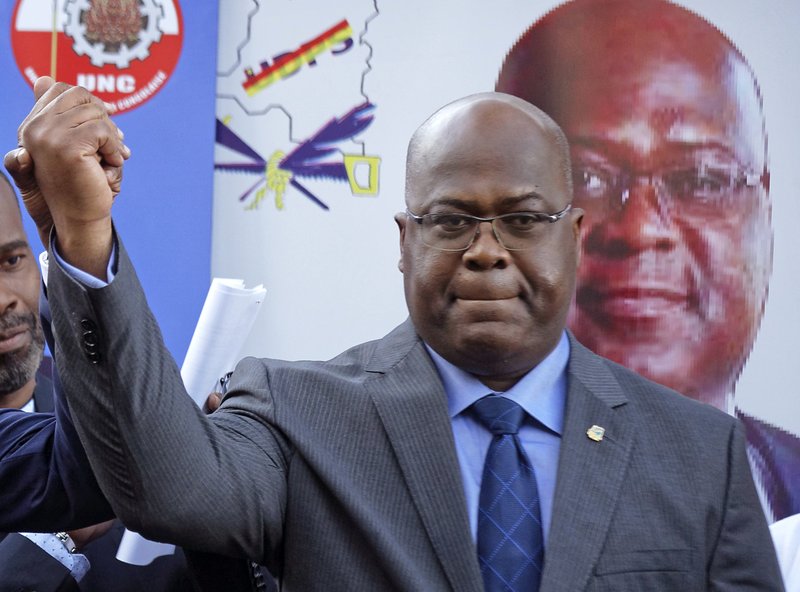
DR Congo president blocks new senators from taking office over corruption allegations

The government of the Democratic Republic of Congo suspended the induction of newly-elected senators in the wake of a disputed Senate election in which President Felix Tshisekedi’s party suffered a heavy defeat to former president Joseph Kabila’s party.
The decision was taken as authorities conduct investigations into allegations of corruption in connection with the election that was held on Friday last week. Acting Interior minister Basile Olongo made the announcement following a meeting that included the president, the cabinet, the head of the electoral commission and other officials. The meeting also resolved to indefinitely postpone the elections of provincial governors that were scheduled to take place on March 26.
Kabila’s party criticised the decision but did not say whether it would contest it in court
“The constitution does not authorize an inter-institutional meeting to make these decisions,” Kabila’s chief of staff Jean Pierre Kambila told Reuters.
Joseph Kabila’s Common Front for Congo (FCC) coalition won 84 out of 100 seats in the Senate election that was held in 24 of the 26 provinces. Tshisekedi’s Union for Democracy and Social Progress (UPDS) party and its partners won just three seats.
This means that Kabila’s FCC now has a controlling majority in both houses, the National Assembly and the Senate, the latter giving the party power to amend the country’s constitution.
The announcement of the results sparked protests from UPDS supporters and an outbreak of violence on Saturday in which one policeman was killed in Mbuji-Mayi, the capital of Kasai province. The province’s governor, Alphonse Ngoyi Kasanji, claimed that UPDS fighters burnt and destroyed property and killed a bodyguard of an FCC MP.
“They arrived and ransacked everything. A police officer guarding her was killed,” A civil society member named Jimmy Bashile told AFP.
Congo’s process of electing senators is said to be a process riddled with corruption. Some locally elected politicians are accused of selling their votes in the process of indirectly electing senators.
Felix Tshisekedi won the presidential election held on December 30 last year marred by allegations of rigging but has struggled to push through his agenda due to the few seats the party holds in parliament.






